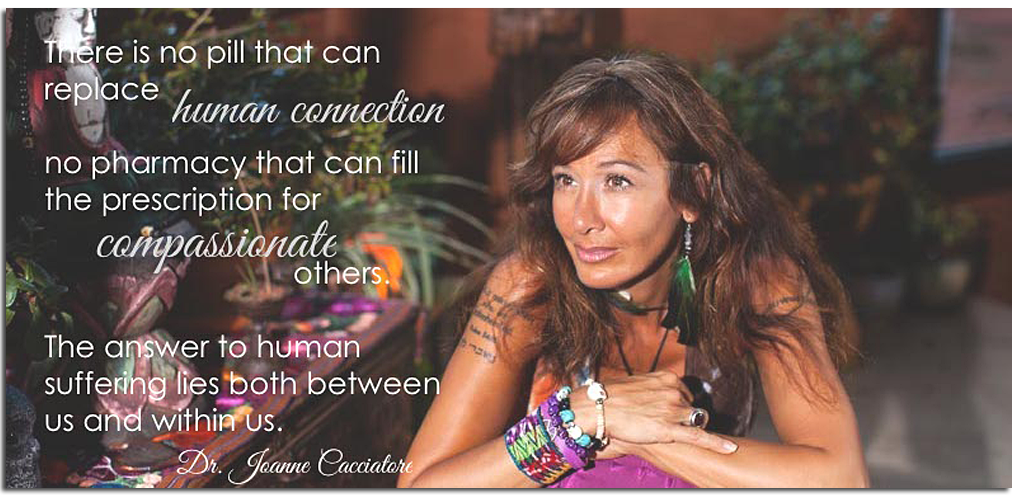
Storms make the oak grow deeper roots.
-George Herbert
The past few decades have given birth to many loquacious books touting innovative bereavement hegemony. And recently, yet a new book was published about grief, with all the banality of yet another attempt at uncovering the mysteries of grief whilst railing against the Kubler-Rossian zeitgeist of our era. But this book came with a hulabaloo.
The author makes some broadly swathed assertions about grief from the safety of the periphery- a person who admits having never really experienced traumatic death. Merely, it sounds as if she's speaking for the initiates, the real experts. And I find the public discussions around the book disturbing.
So here is where the pedagogy of grief gets tricky; postulations and muddling by criticizing self-declared grief pundits who assert when mourners aren't doing it right; too little, too much, too long, too brief, repressed, indulgent, not expressive enough or too expressive. It reminds me of what Helen Merrell Lynd said in the book On Shame and the Search for Identity: It's relatively easy to entertain multiple possibilities of truth if one remains a spectator on the sidelines. Or what Shakespeare said from Much Ado about Nothing: 'everyone is a master on grief until it is he who has it.'
Yes. It. Certainly. Is.
Grief is a broad, vast, mysterious vessel of human emotion in response to many losses. And it can, like water droplets forming irreplicable cloud patterns, manifest in different ways for different people. And while I agree with some of the author's postulations, for example, that some people, indeed, are resilient and able "to accept", as she says, "from the beginning" (and of course, we need operationalize "accept"), she consistently fails to distinguish between traumatic deaths and non-traumatic deaths. And so does much of the public.
Some individuals aren't able or willing to "accept" so soon after the loss (if ever) and some, even well-adjusted otherwise resilient, people find themselves trying desperately to cope with the enduring, unbearable effects of traumatic death, however, and rightfully so.
For example, a couple whose two children were both killed in a car crash. Or the mother whose three children were killed in a house fire with her husband. Or the father whose daughter was raped and murdered. Or the mother whose baby died during a traumatic birth and she nearly lost her own life as well. Or the mother who accidentally ran over her toddler in the driveway. Or the father whose young son awoke with a headache and was dead hours later from a brain aneurysm. These aren't sensationalized versions of reality. These are real people, real stories. Real mourners. And the suffering is beyond this world, beyond human comprehension.
The broad swath method lacks circumspect and nuance. And it can cause individual and social harm to one of the most vulnerable populations, increasing the mythological public perception that people who were "well-balanced" before the loss will accept it readily, while simultaneously abnormalizing more intense and enduring responses (which under the above circumstances are in actuality more congruent).
Specifically, the grief that results from traumatic death... well, the darkness of that storm should not be deconstructed by someone on the sidelines. Step into the storm, if you dare. There exists the unimaginable, the experience you will never capture with words or wands or theories or regression analyses.
Certainly, bereaved parents- and the traumatically bereaved- can integrate and adapt over time. They can even transcend their losses, experience posttraumatic growth, become advocates in the community, and in a Franklian sense find meaning. However, I believe that a person standing miles from the eye of the storm should consider whether it is wise to tell those standing in the midst of its reality.
The roots that grow deeper do so precisely because of the storm's intensity. And that is the truth about grief.
